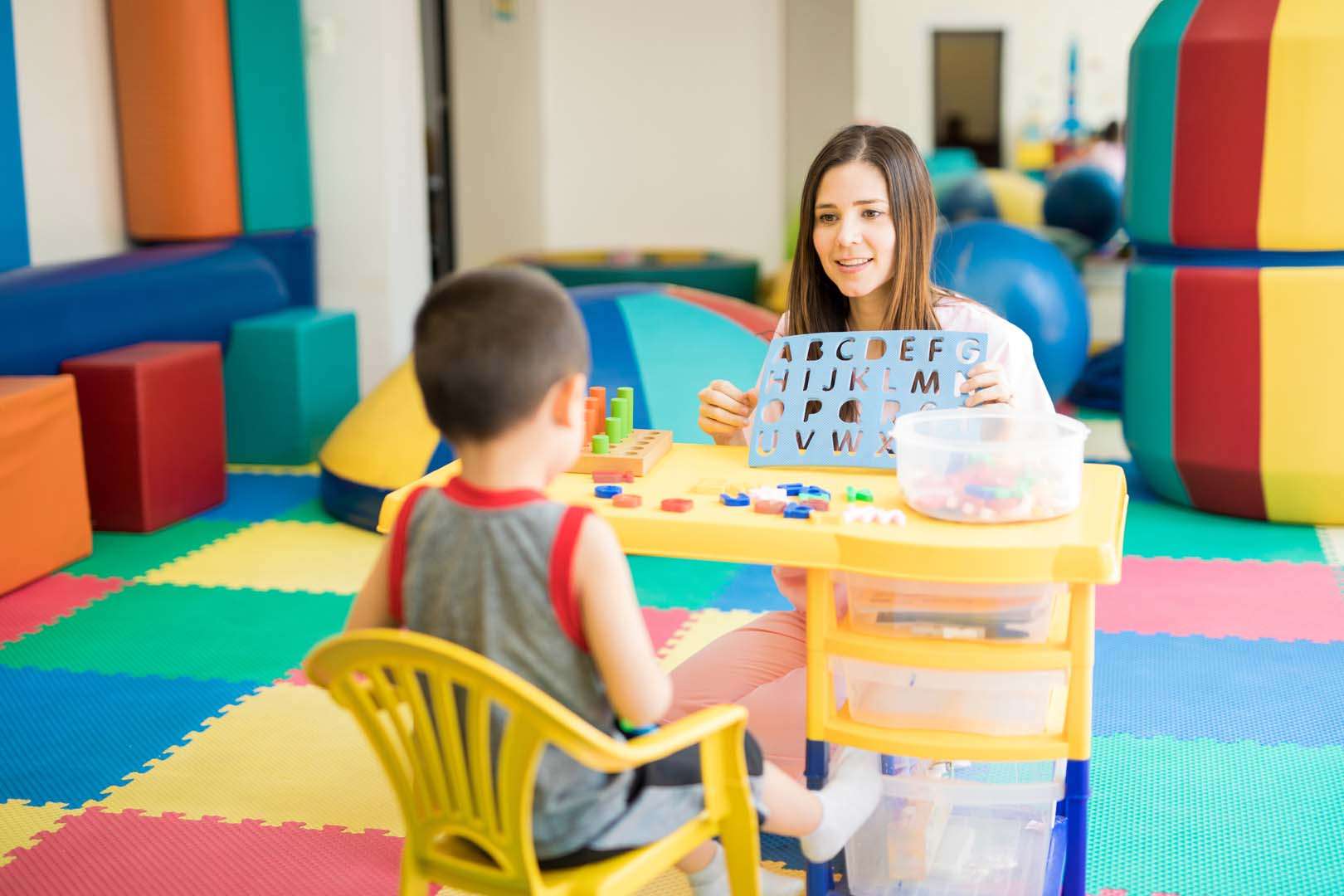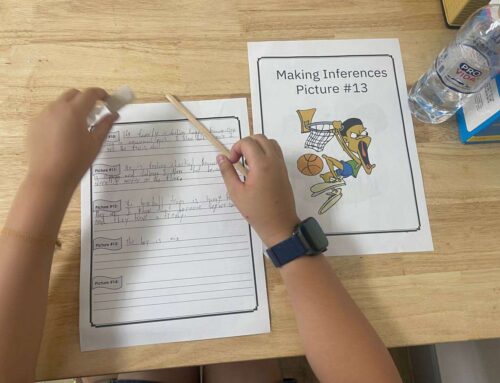Play is the language of childhood—and in occupational therapy, it becomes a powerful tool for growth. In Phnom Penh, centers like OrbRom Center are using structured play activities to help children improve motor skills, sensory regulation, and early literacy—all within a colorful, safe, and engaging environment.
The image reflects a typical therapy session where a child and therapist interact using alphabet stencils, fine motor tools, and a brightly padded space. This kind of playful setting is not just fun—it’s carefully designed to meet the developmental needs of children with sensory processing challenges, developmental delays, or neurodiverse learning profiles.
Why Play-Based Therapy Works
Play-based occupational therapy integrates goals like hand strength, coordination, visual processing, and letter recognition into enjoyable tasks. Children don’t feel like they’re “doing therapy”—they’re just having fun. And yet, every stacking toy, stencil shape, and colorful mat is part of a carefully planned intervention.
At OrbRom Center in Phnom Penh, therapy rooms are set up to encourage:
-
Sensory exploration and regulation through tactile mats and soft surfaces
-
Visual-motor coordination via puzzles, shapes, and guided tracing
-
Hand strength and control using play tools and crafts
-
Cognitive planning through sequencing games and turn-taking
Therapists design each session around a child’s individual learning profile, with built-in opportunities for communication, choice, and praise.
The Role of Environment in Occupational Therapy
A child’s environment can either support or hinder their learning. The bright, padded space shown in the image isn’t just for safety—it’s a sensory-friendly environment that reduces anxiety and helps children stay engaged.
In Phnom Penh, this kind of dedicated space is still rare—but OrbRom Center has made it a cornerstone of its therapeutic approach. The calming yet stimulating design helps children regulate their energy and emotions, making it easier for them to focus on the tasks at hand.
Families often notice changes after just a few sessions: improved fine motor skills, better classroom behavior, and greater willingness to engage in learning.
Early Skill Building Through Occupational Therapy
Many of the children seen at OrbRom Center are preschool or early elementary age. For these children, early exposure to therapy can support foundational skills like:
-
Grasping and manipulating writing tools
-
Recognizing shapes and letters
-
Sitting and attending to tasks
-
Following instructions and building routines
These aren’t just academic skills—they’re life skills that contribute to long-term success in school and beyond.
If you’re in Phnom Penh and notice your child struggling with fine motor tasks, coordination, or sensory sensitivity, early occupational therapy can make a world of difference.
📍 Visit us on Google Maps: https://g.co/kgs/n1asDcH
🔗 Learn more about our approach: OrbRom Center Occupational Therapy
We are the only Preschool specialized on children with special needs in PhnomPenh.
- Internationally qualified teachers
- Cambodia’s largest sensory room
- Outdoor swimming pool
- Covered outdoor playground
📞 Phone: 077.455.993
Telegram Link: https://t.me/OrbRom





